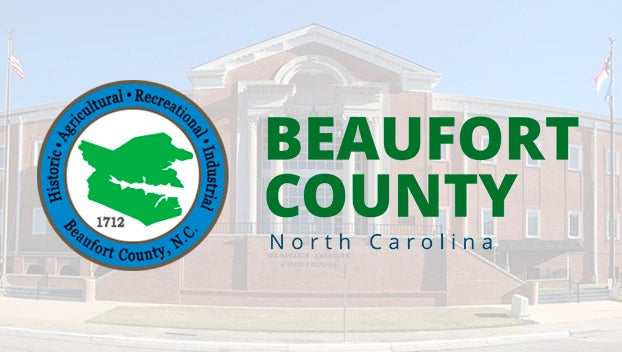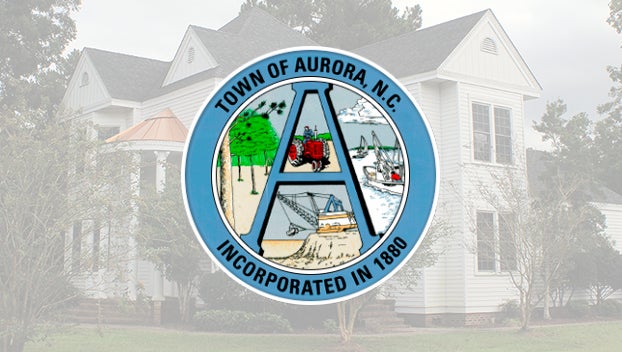The Salvation Army’s Red Kettle campaign recruiting volunteers
Published 1:40 am Wednesday, December 6, 2017

- TEAM EFFORT: The husband-and-wife team of Marlin and Jane Weaver served as bell-ringers for the Red Kettle site at Piggly Wiggly in Washington last year. (Chris Rawls/Daily News)
During the Christmas holiday season, The Salvation Army helps people in need. Now, the faith-based organization needs help.
Capt. Bruce Rabon, commander of The Salvation Army’s Washington Corps, said the local Red Kettle campaign is in dire need of volunteer bell-ringers. “We need as many as we can get, and we need them to volunteer for at least two hours at a time to cover our Washington locations,” Rabon said Tuesday. “The way they do it is they call the office at 252-946-2523 and talk to Amanda Hodges and see what’s open. We try to give them what times they want.”
Mondays through Wednesdays, bell-ringers are stationed at the two main entrances to the Washington Wal-Mart, the Piggly Wiggly on River Road and Walgreen’s in Washington, Rabon said. Thursdays through Saturdays, bell-ringers are needed at the two Food Lions in Washington (John Small Avenue and Washington Square Mall) and the Food Lion in Chocowinity.
Rabon has this advice for volunteer bell-ringers: “Just grab their family and friends and come on out. It’s a good time for all. All the money goes back into the community. … As many bell-ringers as we can get, we’d love to have them.”
The more volunteers manning the Red Kettle collection sites, the fewer paid bell-ringers The Salvation Army has to compensate, Rabon said, adding that means more money to help those in need.
The Washington Corps serves Beaufort, Martin, Bertie, Washington, Hyde and Tyrrell counties.
Donations placed in those kettles provide Christmas meals, warm clothing and toys to families in need. Donations also help provide basic necessities, along with seasonal aid such as money to enable some people to pay their heating bills, according to the national Salvation Army’s Web site.
Red Kettle funds are not earmarked for specific needs; that money goes to address pressing needs, Rabon noted.
History of the Red Kettle
When it comes to helping the needy at Christmas and other times, that’s where the Salvation Army’s annual Red Kettle drive comes in. The monetary contributions placed in those kettles manned by bell-ringers will help put food on the table, heat in the house and joy in the household. Giving makes the receiving possible, and some people need to receive the kindness of others.
Does it seem like those kettles have been around for years? The Red Kettle tradition goes back to 1891 when Capt. Joseph McFee decided to provide Christmas meals for the poor in San Francisco. McFee had to find a way to pay for that food. It took several days for him to find the solution.
One day, the captain’s thoughts went back to his days as a sailor in Liverpool, England. On that city’s Stage Landing he saw a large pot called “Simpson’s pot,” into which charitable donations were tossed by passersby.
The next day, McFee received permission from San Francisco officials to locate a similar pot at the Oakland ferry landing, at the foot of Market Street. It was placed in a location easily seen by those going to and from the ferries. A brass urn — in which ferry passengers could place donations — was located in a nearby waiting room.
These days, people place donations in the kettles — and the needy continue to benefit from the generosity of those who believe it is better to give than receive.
Source: The Salvation Army





